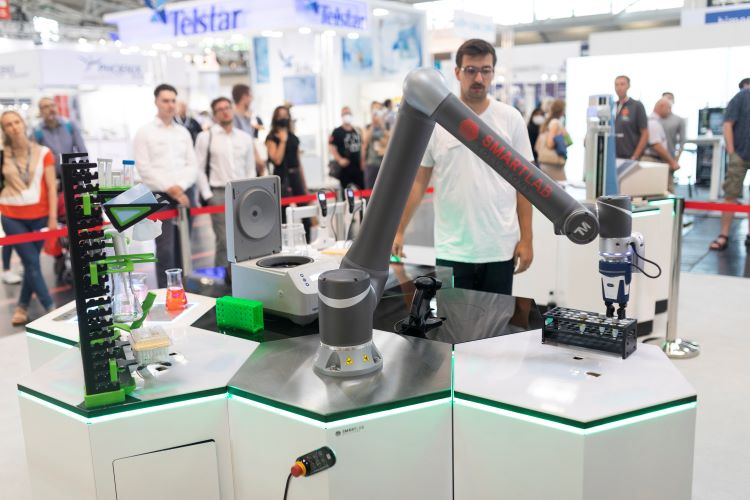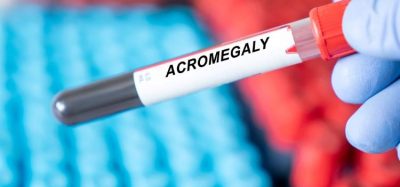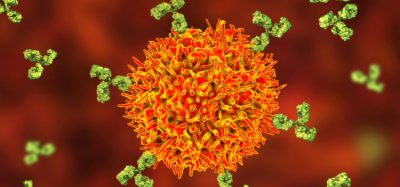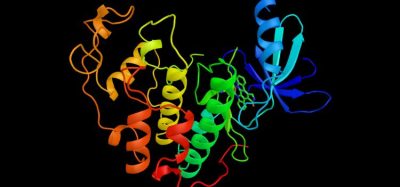Analytica 2024 in overview
Posted: 5 March 2024 | Analytica | No comments yet
Between 9 – 12 April 2024, the world’s leading trade fair analytica will once again open its doors in Munich to the international laboratory industry. At analytica, industry experts, exhibitors and visitors gather to explore the latest developments in laboratory technology, analysis and biotechnology. The fair, covering the entire spectrum of industry and research, has established itself as a significant platform for the exchange of expertise.


Credit: analytica
International participation and trending topics
With over 900 exhibitors, analytica 2024 promises an impressive lineup. Both national and international market leaders are represented, with a noticeable increase, particularly from China. Innovative startups and smaller companies show great interest in the fair, which has established itself as a springboard for new developments and products. In total, exhibitors occupy five halls and the ICM.
Conference, forums and highlights
Parallel to the fair, the renowned analytica conference takes place in the ICM – International Congress Center Messe München, covering the breadth of modern analysis with around 180 presentations. The four analytica forums offer practical best-practice lectures, with the Occupational Safety and Security Forum highlighting dangers in daily laboratory work through impressive live demonstrations. In addition to events for school graduates and professional development, the parallel trade fair ceramitec creates synergies for exhibitors and visitors.
Digitalisation and AI in the laboratory
The ongoing digitalisation in the laboratory remains a key theme, accompanied by the special exhibition “Digital Transformation.” Here, visitors have the opportunity to experience the work in a connected laboratory through practical use cases. A highlight is the autonomous laboratory robot Kevin, which takes over routine tasks in the laboratory, such as transporting samples and supplying facilities with reagents and pipette tips.
Digitalisation also relieves laboratory personnel through optimised inventory management with online inventory maintenance and automatic label printing, enhancing efficiency and occupational safety.
Artificial intelligence (AI) plays an increasingly important role in the laboratory world, especially in medical diagnostics. The analytica conference addresses this topic with a session on the applications of AI algorithms in laboratory medicine. AI is also discussed in imaging and spectroscopy. Given the rising data flood, especially in life sciences, digital solutions for research data management are urgently needed, as highlighted in various lecture series of the analytica conference.
By combining a trade fair, practice-oriented programme and scientific conference, analytica provides inspiration for the digital transformation of the laboratory world, enabling the global laboratory community to make informed investment decisions for a successful future.
Analytics ensures product quality in the pharmaceutical industry
The quality and performance of analytics play a crucial role in innovative therapies and the development of new drugs. Reliable analytical devices and results are indispensable for both product quality and purity and authenticity testing.
Top topics at the trade fair include digitalisation, Laboratory 4.0, molecular biological methods, high‑throughput screening, pharmaceutical chemistry, as well as sampling, sample preparation and instrumental analytics”
Top topics at the trade fair include digitalisation, Laboratory 4.0, molecular biological methods, high‑throughput screening, pharmaceutical chemistry, as well as sampling, sample preparation and instrumental analytics. Pharmaceutical analytics is considered a cross-cutting technology that ensures product quality and economic success.
analytica 2024 provides a comprehensive overview of innovative analytics and molecular – as well as microbiological – testing methods. The trade fair presents the latest device configurations, coupling possibilities, and forward-looking trends in analytics and laboratory technology for the pharmaceutical laboratory. Visitors can gain insights into compliance with industry-specific validation guidelines and requirements such as GMP, GLP, REACH and FDA. The fair enables attendees to stay informed about powerful methods and future trends in pharmaceutical analytics at the world’s largest industry gathering.
Sustainability in the laboratory: The Green Lab becomes a reality
Another focus of analytica 2024 is sustainability in the laboratory. At the fair, exhibitors present energy-efficient devices, alternative solutions to scarce helium, and environmentally friendly consumables”
Another focus of analytica 2024 is sustainability in the laboratory. At the fair, exhibitors present energy-efficient devices, alternative solutions to scarce helium, and environmentally friendly consumables. Well-known manufacturers provide information on current developments in refrigeration technology and offer green consultations for laboratories. The search for sustainable alternatives also extends to chemicals and laboratory utensils, while the trend toward miniaturisation helps conserve resources and reduce waste.
Laboratories consume significantly more energy than office and residential buildings, especially due to energy‑intensive devices such as deep‑freeze cabinets. At analytica 2024, leading manufacturers provide information on energy-efficient cooling devices with vacuum insulation and natural refrigerants. These enable sustainable cooling in the laboratory.
Exhibitors at the fair also offer consulting services to help laboratories identify energy hogs and switch to “Zero Carbon.” Additionally, environmentally friendly alternatives to chemicals and consumables are presented.
Given the scarcity and cost of helium, laboratories are exploring alternatives, such as using cheaper helium with lower purity or using alternative gases like hydrogen. The immense demand for fossil plastic in consumables is also being questioned. Companies now offer pipette tips, tubes and PCR plates made from bio‑based plastics to reduce the CO2 footprint.
The trend toward miniaturisation also contributes to resource conservation, as analytical devices in the microlitre range consume fewer reagents and solvents. Some companies even present touch‑free analytics without any chemical requirements.
Thus, analytica 2024 not only promises a comprehensive insight into the future of laboratory technology but also provides concrete impulses for more sustainability and innovation in the industry.
For further information, visit: analytica.de/en/munich
Issue
Related topics
Analytical techniques, Artificial Intelligence, Big Data, Biopharmaceuticals, cGMP, Data Analysis, Drug Manufacturing, Drug Safety, Good Manufacturing Practice (GMP), Industry Insight, Lab Automation, Lab Equipment, Manufacturing, Research & Development (R&D), Robotics, Sustainability, Technology, Therapeutics









